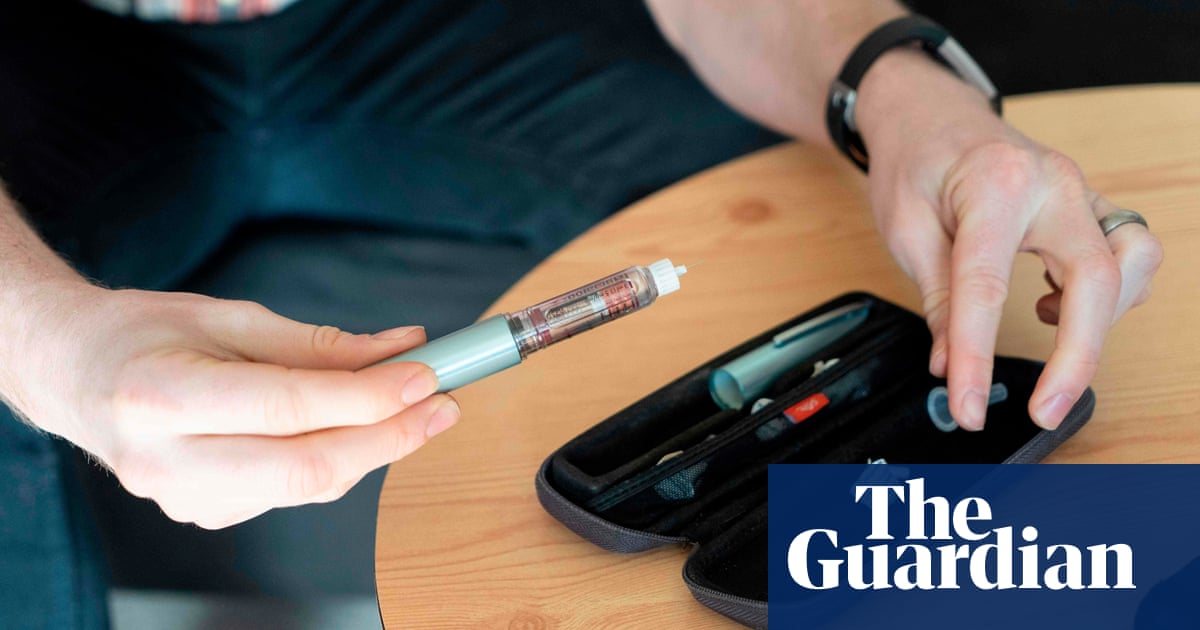- cross-posted to:
- [email protected]
- cross-posted to:
- [email protected]
The new glucose-responsive insulins (GRIs) only become active when there is a certain amount of sugar in the blood to prevent hyperglycaemia (high blood glucose). They become inactive again when levels drop below a certain point, avoiding hypoglycaemia (low blood glucose). In future, patients may only need insulin once a week, experts believe.
Scientists behind the smart insulins have been awarded millions of pounds in grants to fast-track their development. The funding comes from the Type 1 Diabetes Grand Challenge, a partnership between Diabetes UK, JDRF and the Steve Morgan Foundation. It is investing £50m into cutting-edge research to help find new treatments for type 1 diabetes.
Almost £3m has been awarded to six research projects that have developed different types of smart insulins. They include teams at Stanford University in the US, Monash University in Australia and Zhejiang University in China. The aim is to accelerate development and launch trials as soon as possible.
Each project aims to fine tune smart insulin to act faster and more precisely, relieving some or all of the huge burden of managing type 1 diabetes and reducing the risk of long-term complications.


